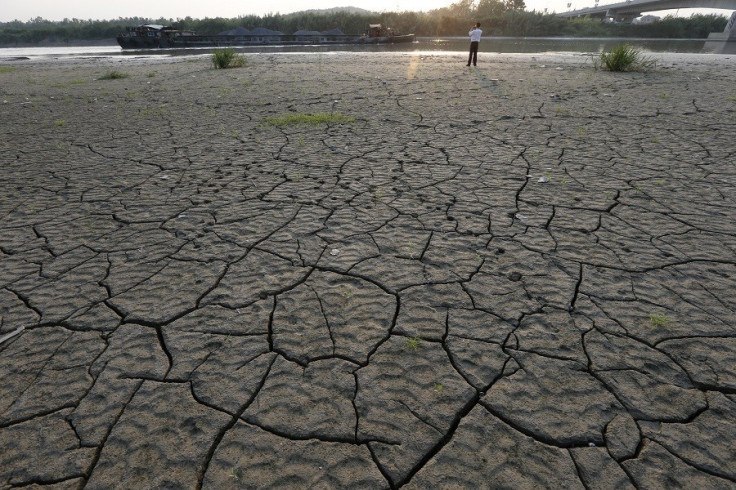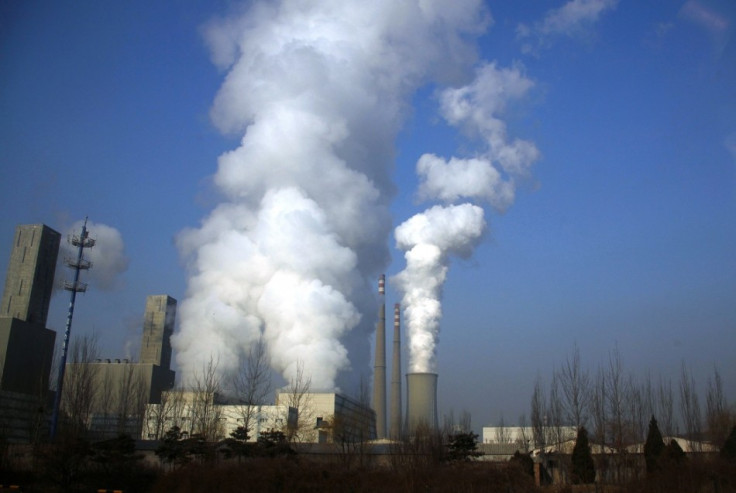Climate Change: Droughts Will be Frequent and Severe Across Europe by 2100

Europe will face severe and frequent droughts by the end of the century as a result of climate change.
Published in the open access journal Hydrology and Earth System Sciences, researchers from European Commission's Joint Research Centre (JRC) and the University of Kassel in Germany, have warned climate change will lead to extreme water shortages by 2100.
Drought has a huge impact on society, the environment and the economy. In Europe, drought has cost over €100bn (£82bn) in the last 30 years.
Researchers were looking to find out if and where in Europe increasing global temperatures and intensive water consumption would result in drought, and if they would be more severe and long lasting.
"Our research shows that many river basins, especially in southern parts of Europe, are likely to become more prone to periods of reduced water supply due to climate change," said Giovanni Forzieri, lead author of the study.
"An increasing demand for water, following a growing population and intensive use of water for irrigation and industry, will result in even stronger reductions in river flow levels."

The researchers analysed climate and hydrological models under different scenarios, looking at future greenhouse gas emissions and water consumption by different sectors. These models were then used to translate into future climate and water consumption projections, Luc Feyen, co-author of the study explained.
Their model mimicked the distribution and flow of water on Earth looking at all the river basins in Europe to evaluate how drought conditions will change.
Findings showed southern parts of Europe, including the Iberian Peninsula, south of France, Italy and the Balkans, will be worst affected, with river flow levels lowered by 40% and period of water shortages up 80% - these projections were looking at climate change alone.
Their scenario assumed global temperatures would increase by 3.4C, but the authors believe that projected warming for Europe could be much higher.
"Over the Iberian Peninsula, for example, summer mean temperature is projected to increase by up to 5C by the end of this century," Feyen said.
Forzieri added: "The results of this study emphasise the urgency of sustainable water resource management that is able to adapt to these potential changes in the hydrological system to minimise the negative socio-economic and environmental impacts."
© Copyright IBTimes 2025. All rights reserved.






















